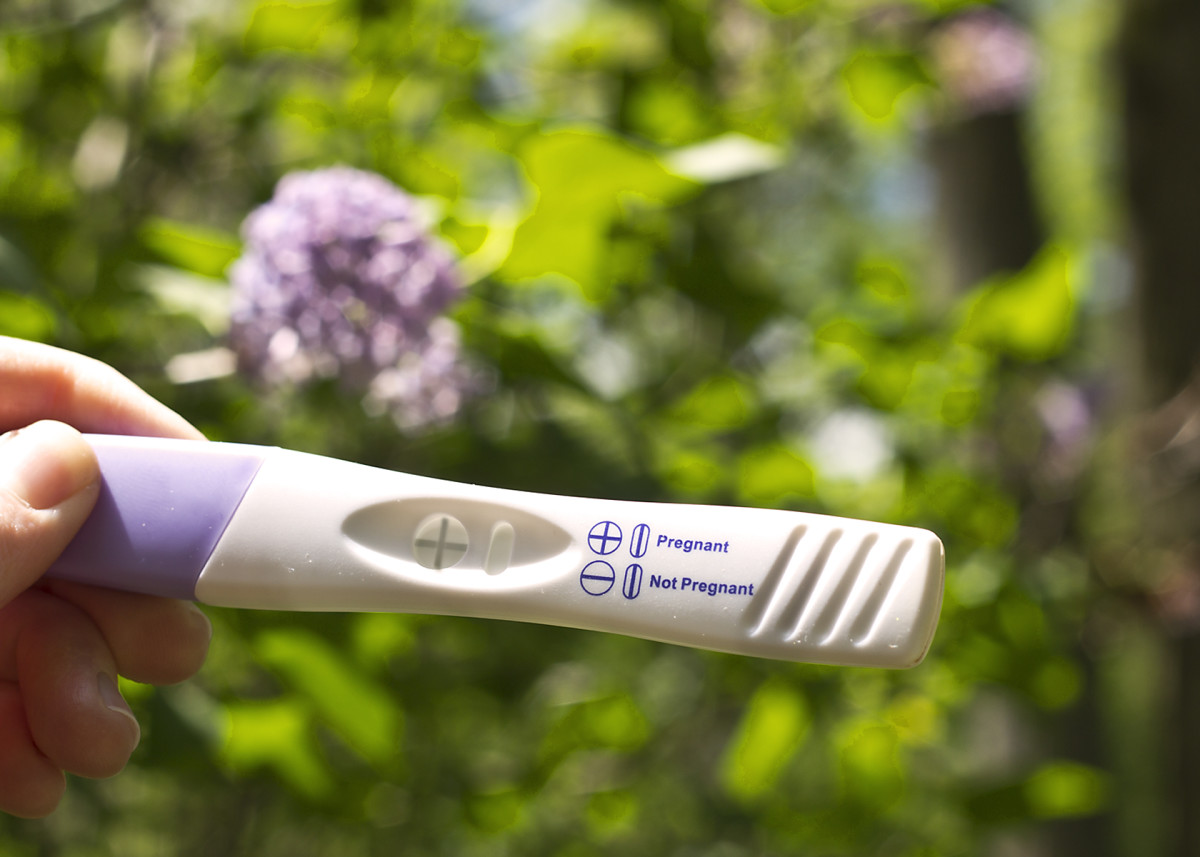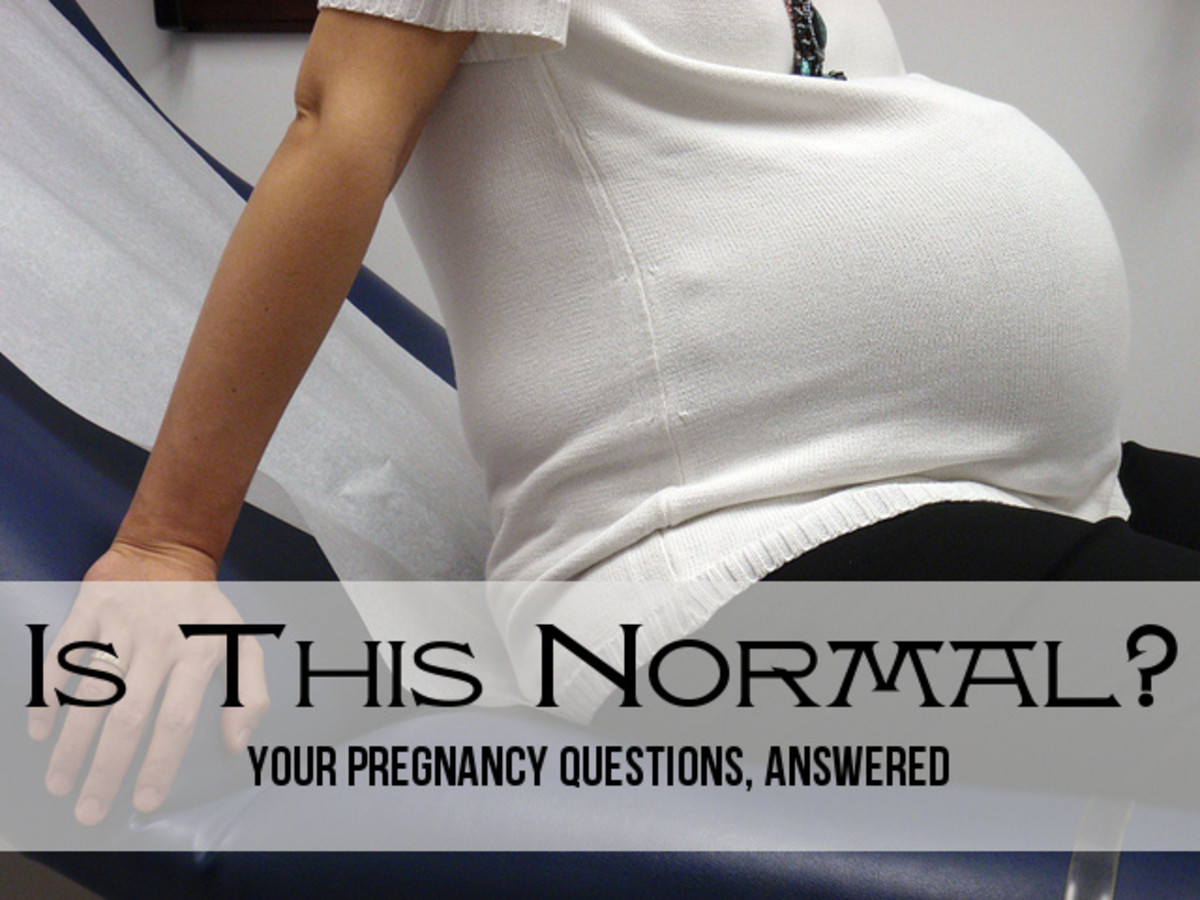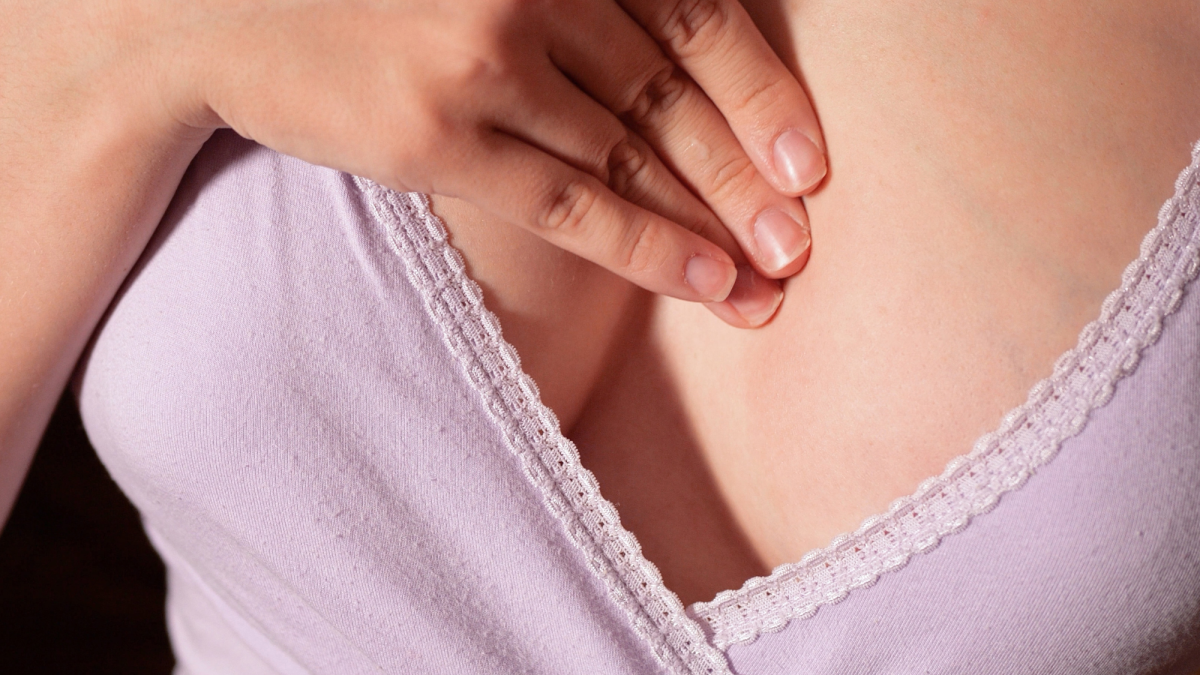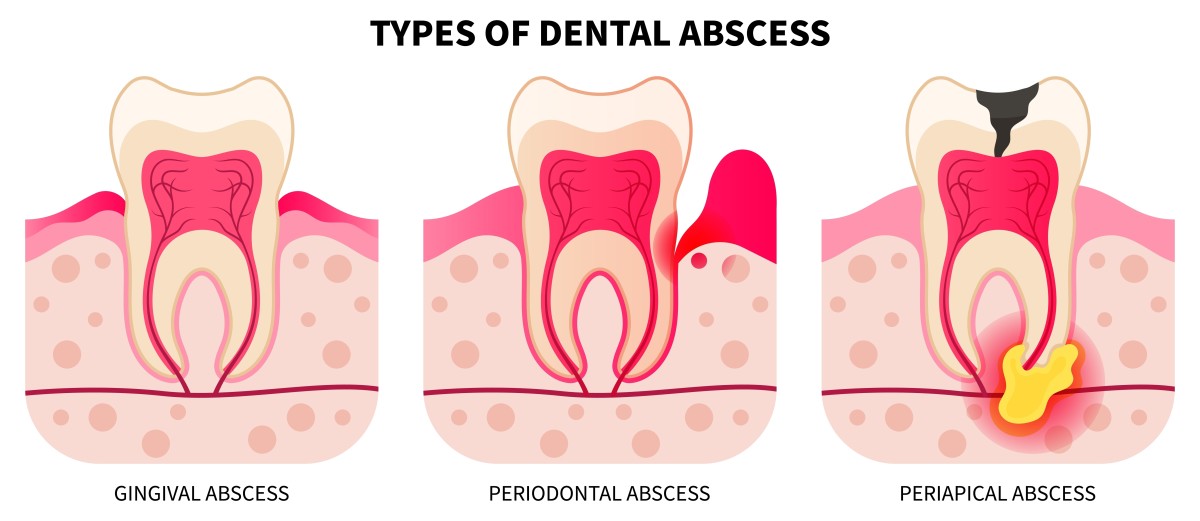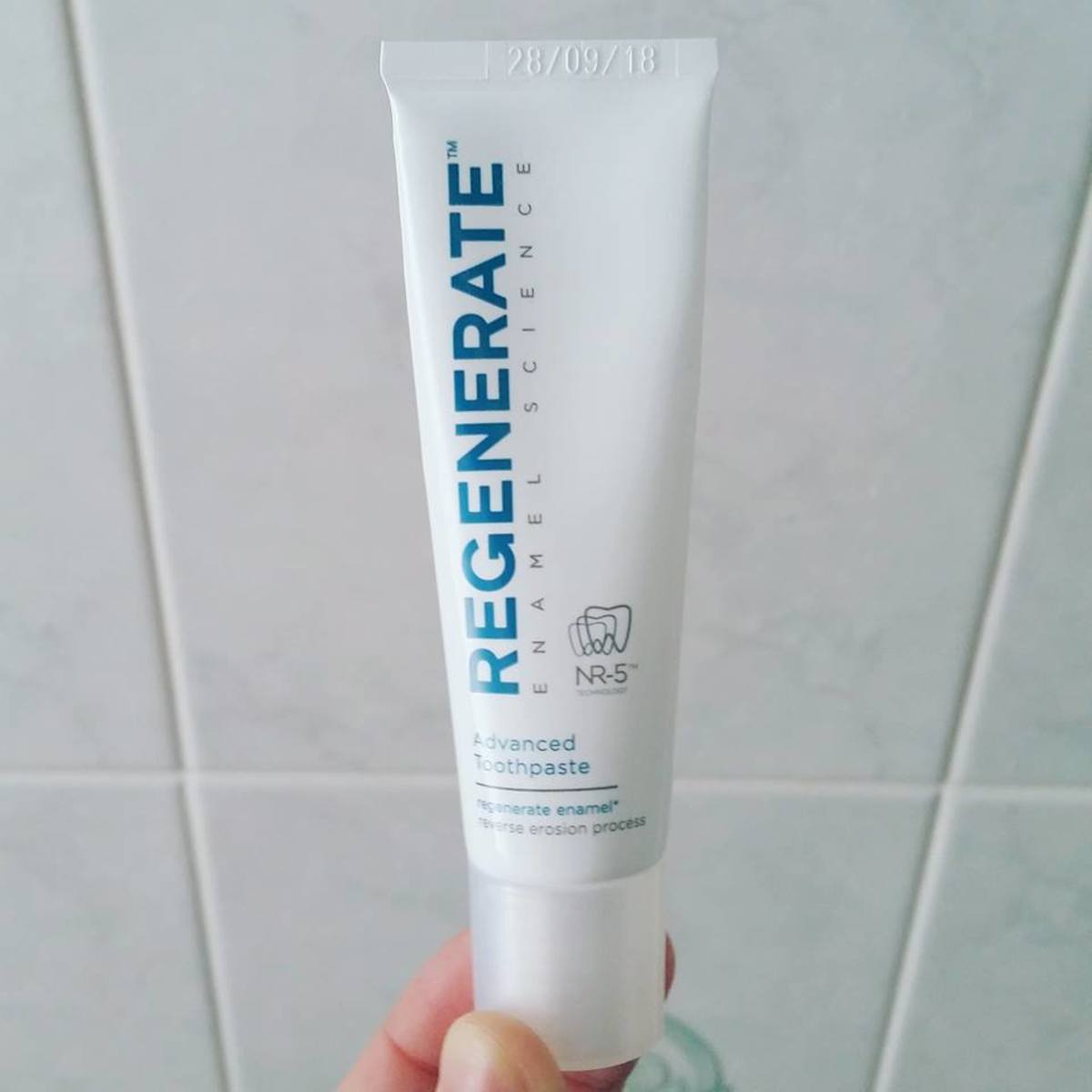Pregnancy Increases the Risk of Starting Dental Caries
Building of a Baby in the Uterus
Pregnancy involves the building of a baby in the uterus from the time the egg is fertilized until the time that fully formed baby leaves at the end of labour. For all this to be achieved successfully, changes occur in the body to enable it to supply all a baby needs for health growth and development.
Swollen and Spongy Gums
To the pregnant mother to be, there seems not to be many changes in her teeth during pregnancy. The only noticeable changes during pregnancy is that the gums may become a little swollen and spongy. The gums may bleed more easily than normally. There is a belief out there that the teeth lose calcium during pregnancy. This is not true. Not even when the pregnant woman’s diet is deficient in calcium.
Teeth and Pregnancy
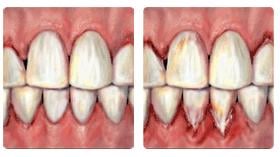
Teeth Do Not Lose Calcium during Pregnancy
During pregnancy, the gums may become a little swollen and spongy. The gums may bleed more easily than normally. There is a belief out there that the teeth lose calcium during pregnancy. This is not true. Not even when the pregnant woman’s diet is deficient in calcium.
Teeth and Pregnancy
Pregnancy Increases the Risk of Starting Dental Caries
Pregnancy does not, therefore, damage the teeth directly. But pregnancy does indeed increase the risk of starting dental caries and does increase the extent of existing dental caries. Pregnant women should therefore consult more frequently with their dentists during pregnancy.
Saliva
Another widely held belief is that women make more saliva than usual during pregnancy. This is not true. When women are pregnant, they feel sick with a tendency to lose appetite and as such do not swallow saliva as normally would. The saliva that is not swallowed will accumulate in the mouth and therefore have excess saliva in the mouth.
Haemoglobin and Iron
A pregnant woman will require an extra 4 pts of blood than normal. This blood is needed to supply the baby with oxygen and nourishment. In order to make for this extra blood, the pregnant woman has to manufacture haemoglobin which is the essential component of red blood cells. Haemoglobin contains iron and in order to make up for the extra haemoglobin, the iron stored in the woman’s body is used. If the stored iron is not enough, enough haemoglobin can not be made and the woman’s blood will become more dilute. This results with the pregnant woman being anemic.
Anaemia
If anaemia is to be avoided, it is obviously important for a pregnant woman to have adequate amounts of iron and folic acid in her diet or to take iron/folic acid tablets. Beans, spinach, cooked kidney, peas, cabbage, eggs, potatoes and oranges are good supply of iron in your diet.
The hubber's website is designed to help beginners and average readers make money online to supplement the few dollars they may be earning from their online trading – details of which you can find in my profile here, if you will.
Related Articles
- Man’s Dental Formula and the Eruption of Teeth
- How Often Should You Brush Your Teeth
- How to Avoid Gum Disease Gingivitis and Periodontitis
- How Tooth Decay is Treated
- How to Avoid Tooth Abscess
- How Often Should You Replace Your Toothbrush?
- How to Take Care of Your Teeth and Avoid Dental Caries
- How to Brush Your Teeth and Fight Bad Breath




